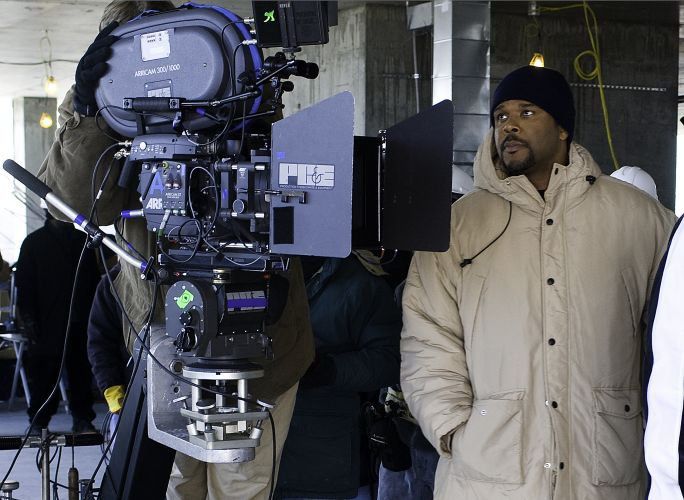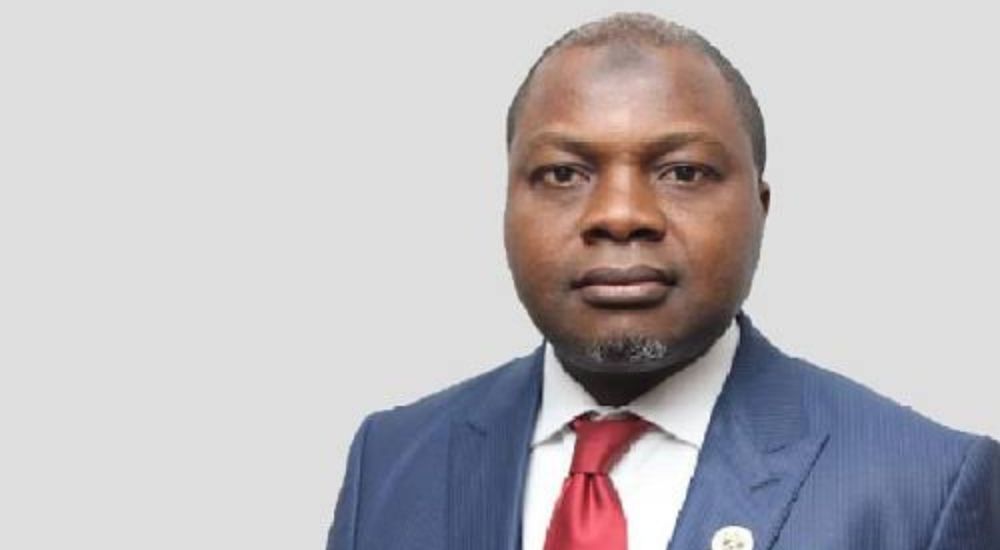Transgender Individuals Facing Difficulties In Accessing Nigeria’s Public Toilets

Finding a public bathroom can be difficult for anyone, but for transgender individuals, it’s become another public place of transphobic bigotry.
Zainab Aminu, a 25-year-old transwoman who lives in Kano, northwest Nigeria, narrates the cruel ordeal she faced in a banking hall march last year while trying to access a restroom.
Aminu, who uses she/her pronouns, said a bank official forced her to use the men’s restroom instead of the women’s restroom, which does not align with her gender identity.
“It was a cruel suggestion. I tried to [tell] the official about my gender status, but he refused to give me a listening ear,” she told THE WHISTLER.
The embarrassment faced by Aminu in the bank is not unique. Many trans individuals encounter such challenges when trying to access public toilets.
Encounters like the one Aminu experienced have led some trans people not to use public facilities, despite the law giving them the freedom to use whichever bathroom they choose.
Section 42 of the Constitution states: (1) “A citizen of Nigeria of a particular community, ethnic group, place of origin, sex, religion or political opinion shall not, by reason only that he is such a person: (a) be subjected either expressly by, or in the practical application of, any law in force in Nigeria or any executive or administrative action of the government, to disabilities or restrictions to which citizens of Nigeria of other communities, ethnic groups, places of origin, sex, religions or political opinions are not made subject.”
This means that every Nigerian has the right to equal treatment and opportunities, regardless of their sex. Despite such laws, transgender people like Zainab continue to face challenges in exercising their rights.
Aminu is not alone in being denied access to bathrooms that align with her gender identity. John Mazi, a 30-year-old transwoman and professional dancer, has also been denied her sanitary rights due to her gender identity. She said the experience was traumatic, cruel, and harmed her human dignity.
Denying trans people access to public toilets is not only discriminatory, it can also harm their physical health.
Mazi said she needed to use the restroom at a social gathering in Akwa, the capital city of Anambra State, Nigeria. The choice between her safety and risking the use of a bathroom that did not conform to her identity caused her to hold the urge for a longer-than-healthy period.
“I had to hold the pee for almost an hour until I could not resist it again and started having discomfort in my lower abdomen,” Mazi said. She had to leave the event when the pain and pressure in her abdomen became unbearable.
Dr Jamilu Haruna, a urologist—or kidney and bladder specialist —at Sokoto’s Tambuwal General Hospital in northwest Nigeria said kidney or urinary tract infections (UTIs) are more common when someone does not urinate when the body needs to.
Haruna said the veins of the bladder get weak and expand when there is too much pressure from failing to urinate when the bladder is full.
“The kidney will be stressed to work more than its capacity, resulting in overstretching of the bladder, which leads to discomfort and pain,” Haruna said.
Haftsat Umaru, a 40-year-old transgender woman and kidney transplant survivor said doctors traced her kidney disease to holding her urine too long.
“I usually hold the urge to urinate while in public places because there are no suitable facilities that I can use as a trans individual in most instances,” Umaru said.
In Nigeria, Comrade Seun Adegoke, a Lagos-based Public Health Analyst, says no one cares to find out how many trans individuals have contracted kidney disease or died from kidney failure due to social pressures that prevent transmen and transwomen from using the bathrooms of their choice.
“Nigeria lacks data or statistics on the inclusion of key populations like transgender and other minority groups. No one cares about their health. Even the government barely encourages a serenity for these groups due to lack of laws and policies that safeguard their health and wellbeing,” Adegoke said.
Babatunde Omisan, a Sokoto-based gender specialist, said an understanding of gender identity differs from one community to another. “Gender identity is a broader feature that has to do with one’s comfortability of where he or she belongs,” she explains.
Chisom Nwosu, a 29-year transman and gender inclusion advocate, sees the discrimination trans individuals face as rooted in the architects who design the facilities. He says public toilets should be built to accommodate a diversity of gender identities. This could include creating single-stall toilets or all-gender toilets anyone can use like on aeroplanes.
Public analyst Sani Mu’adzam said in some developed countries like the United Kingdom and Australia toilet facilities are sometimes designed to be inclusive, or signage is used to show inclusivity in older buildings. Mu’adzam said this inclusivity gives trans individuals a feeling of safety and belonging.
“Countries like Canada, Australia and some cities in Germany have implemented measures to ensure inclusivity and safety for transgender individuals when using public facilities, particularly toilets,”
Mu’adzim said. “In some US states, including California and New York, laws require single-occupancy toilets to be labelled as “all-gender.”
Advocates say the creation of ‘gender-neutral’, ‘all-gender’ or ‘third-gender’ toilets allows for equal access to those facilities in public places.
In Nigeria, organizations like the Bisi Alimi Foundation advocate for equal accessibility for people of all genders despite ongoing challenges from social attitudes and pressures from anti-key population religious organizations. The Foundation’s Communications Officer, Joyce Aligamhe said the organization remains vigilant in advocating for policy changes and structural implementations to better protect trans individuals in Nigeria.
Aligamhe also calls for educational campaigns on trans rights and a better understanding of how lack of access to public toilets creates significant health challenges.
“I believe Nigeria can copy from other countries that are getting it right,” Aligamhe said.
Transgender Individuals Facing Difficulties In Accessing Nigeria’s Public Toilets is first published on The Whistler Newspaper



